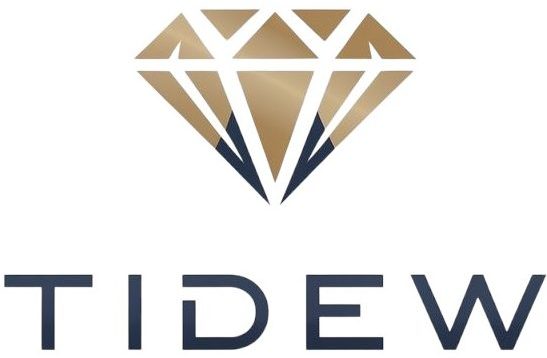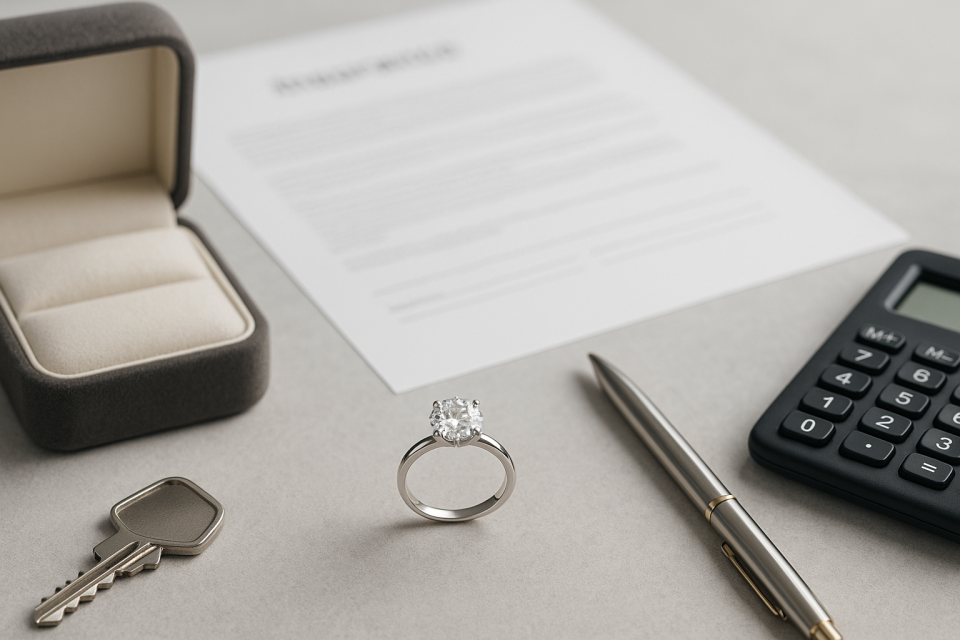Highlight: A fresh insurance-first lens on valuation, risk control, and product design for a new class of diamonds.
TL;DR
- Coverage baseline: homeowners/renters policies carry low jewelry sublimits; high-value items should be scheduled.
- Premium logic: stand-alone jewelry policies commonly 1%–2% of insured value/year.
- Price dynamics: LGD replacement costs can trend downward faster → rethink sums insured and review cadence.
- Proof stack: lab reports + laser inscriptions streamline underwriting and claims.
Contents
- Jewelry Insurance 101
- LGD Valuation & Pricing
- Shifting Customer Needs
- How Insurers Should Adapt
- LGD × Insurance: 3–5 Year Outlook
- 12-Month Execution Plan
- Fast Checklist for Customers
- Shop & CTA
1) Jewelry Insurance 101
- Home/Renters + riders: base policies often cap theft at low sublimits (e.g., ~$1,500/item). Schedule high-value pieces.
- Stand-alone jewelry insurance: broader perils (loss, mysterious disappearance, accidental damage, theft) with annual premiums roughly 1%–2% of the insured amount.
- Documents: invoice, appraisal/lab report, photos, and periodic re-appraisal keep limits aligned to replacement cost.
2) LGD Valuation & Policy Pricing
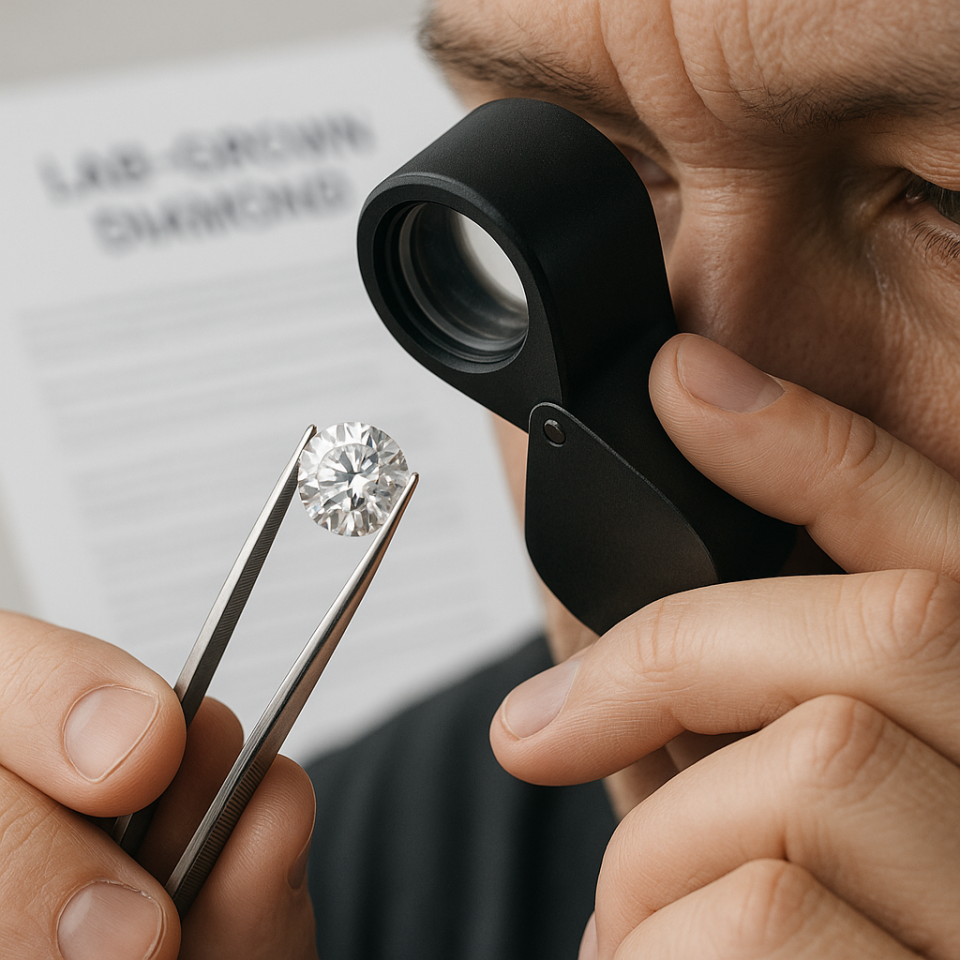
- Price curve: LGD prices can be more volatile and trend lower than natural—claim-time replacement may cost less than original purchase.
- Premium effect: premiums scale with insured value; LGD typically costs less to insure per item for comparable look/spec.
- Replacement promise: codify like-kind & quality—LGD replaced with LGD to avoid disputes.
- Valuation hygiene: re-appraise every 1–2 years or adopt dynamic limits tied to a price band.
3) Shifting Customer Needs
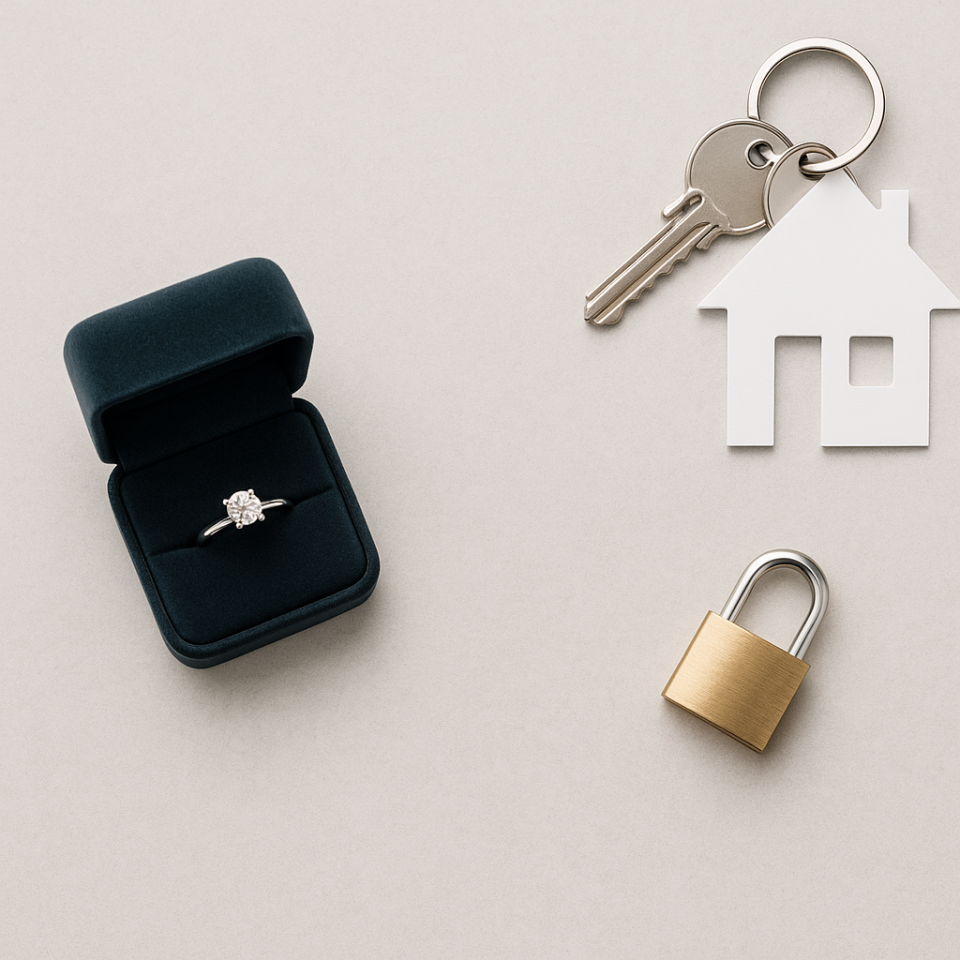
- Bigger stones, same budgets: more items and higher totals insured, but lower per-item severity than natural analogs.
- Scenario coverage: demand for loss/mysterious disappearance, worldwide travel, and fast remanufacture.
- Transparency: policy should explicitly state natural vs lab-grown and replacement rules.
4) How Insurers Should Adapt
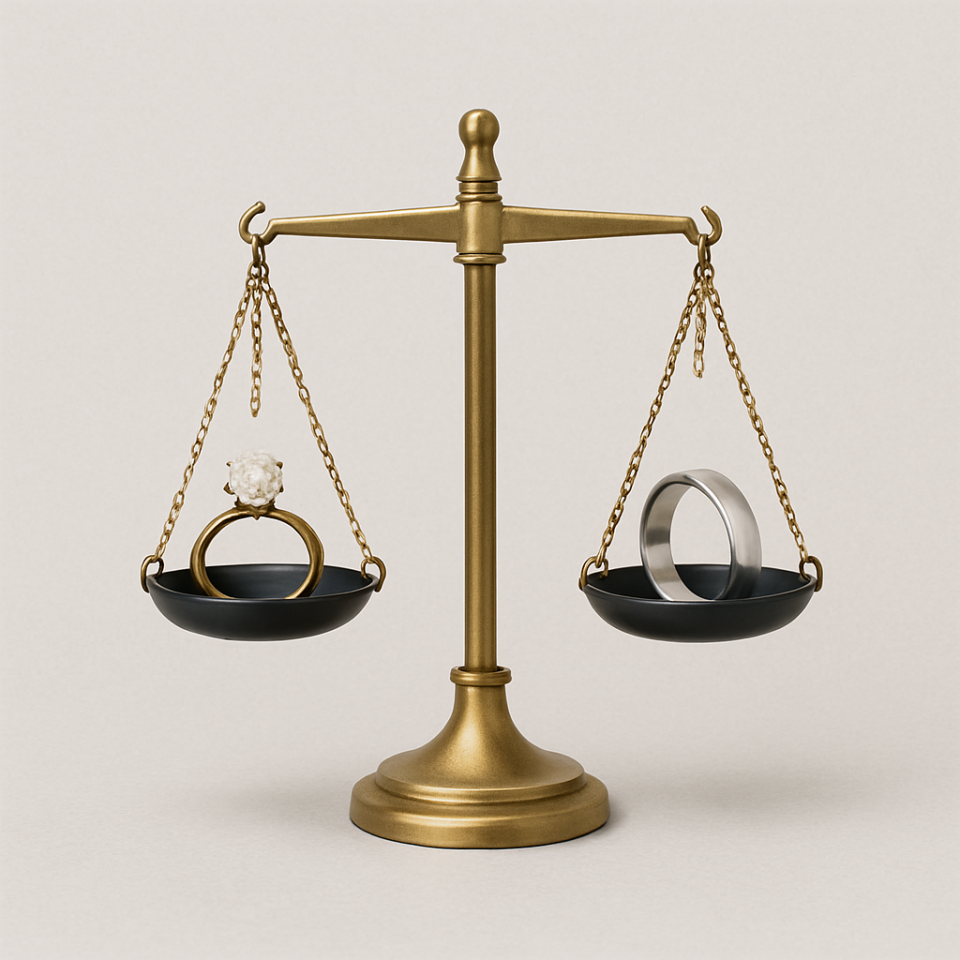
A. Wording & definitions
- Define natural vs lab-grown; include colored LGD; codify like-kind & quality; add pair/set provisions.
B. Valuation & review
- Start with invoice + lab report + photos + inscription ID; set 1–2 year re-appraisal or auto-adjust band.
C. Risk control
- Claims: cross-check inscription ↔ lab database; verify mounting photos and service history.
D. Rating incentives
- Credits for inscribed/registered items with full documentation and brand trade-up/buyback participation.
E. Digital journey
- One-click bind from checkout; in-app e-policy vault; self-serve claims with photo/ID uploads.
5) LGD × Insurance: 3–5 Year Outlook
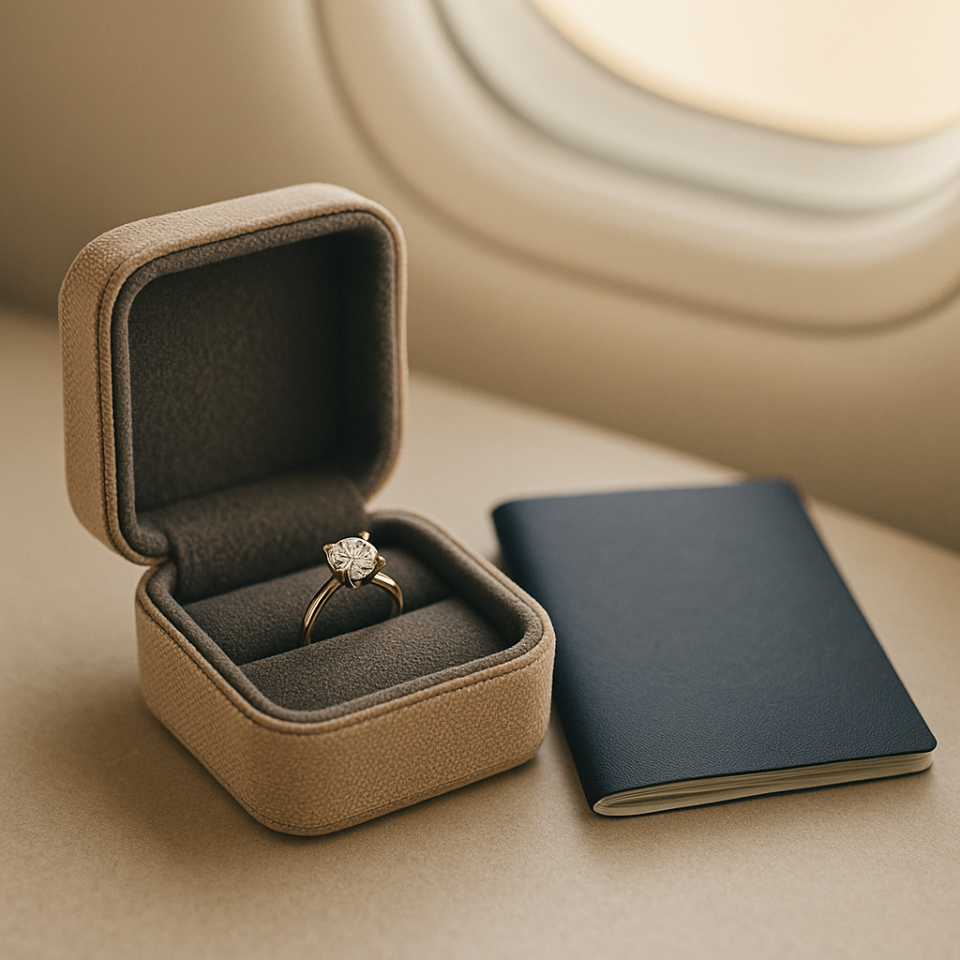
- Replacement standards for LGD normalized with pricing references.
- Dynamic sums via price-index/ERP APIs; rapid remanufacture.
- Cloud evidence chain: reports, inscription IDs, invoices, photos, service logs.
- Differentiated rating by material × setting complexity × inscription/registration.
- Embedded “buy-insure-service-trade-in” loops with brands and marketplaces.
6) 12-Month Execution Plan
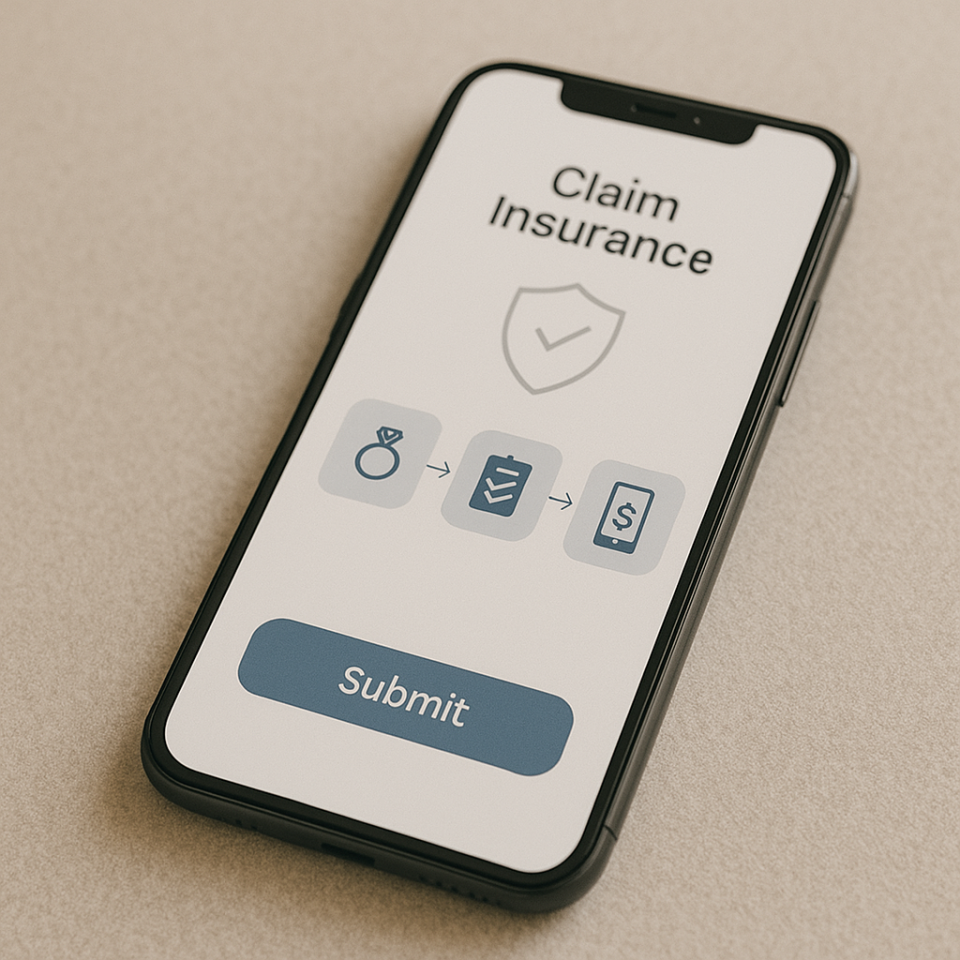
- Q1 – Policy & guidance: add LGD definitions, like-kind replacement, set rules, re-appraisal cadence.
- Q2 – Underwriting & controls: inscription/database checks; evidence vault; preferred jeweler network.
- Q3 – Product pilots: LGD Flex (dynamic limits), Travel+ (worldwide), documentation credits.
- Q4 – Channels & content: embedded bind at checkout; publish an LGD claims playbook; push re-appraisal reminders.
7) Fast Checklist for Customers
- Keep invoice, lab report, laser inscription ID, photos/video in a secure digital vault.
- Confirm scheduling, like-kind replacement, loss/mysterious disappearance/travel coverage, deductible and limits.
- Re-appraise every 1–2 years or whenever market shifts materially.
